Beware, Bloomberg: A short history of failed independent presidential bids
Michael Bloomberg, the billionaire former New York City mayor, is apparently thinking about running for US president (paywall). This wouldn’t be the first time; rumors of Bloomberg’s candidacy have been swirling since 2006.
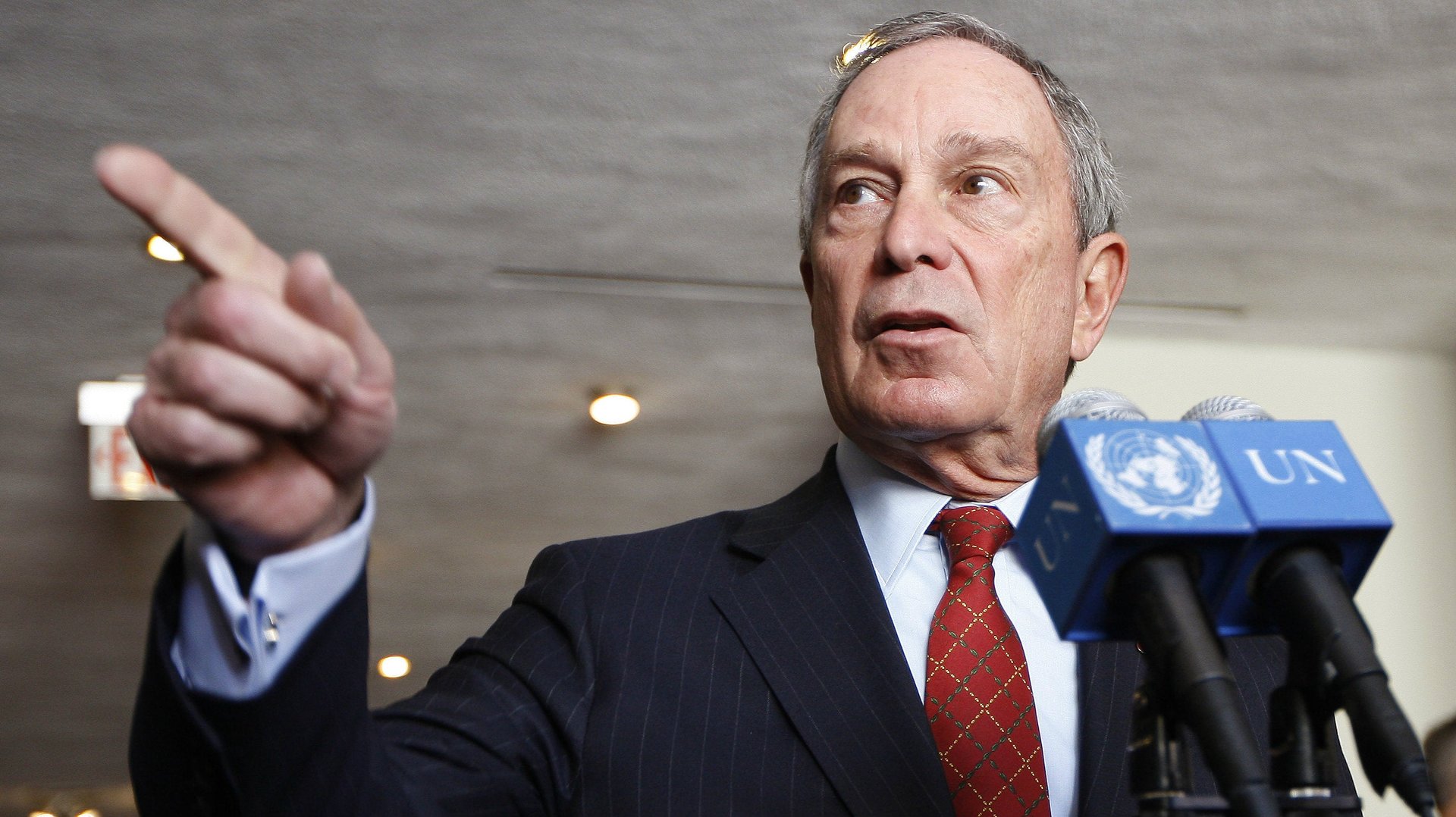

Michael Bloomberg, the billionaire former New York City mayor, is apparently thinking about running for US president (paywall). This wouldn’t be the first time; rumors of Bloomberg’s candidacy have been swirling since 2006.
But it what impact, if any, could Bloomberg have as an independent candidate? Bloomberg’s aides have also been tasked to produce a comprehensive study of past independent and third-party bids (paywall). Here are the some of the notable candidates of the past 50 years.
Note that not one of them came close to victory— although several did change the outcome of the race by bleeding votes from the candidate who ultimately came in second place.
Ralph Nader
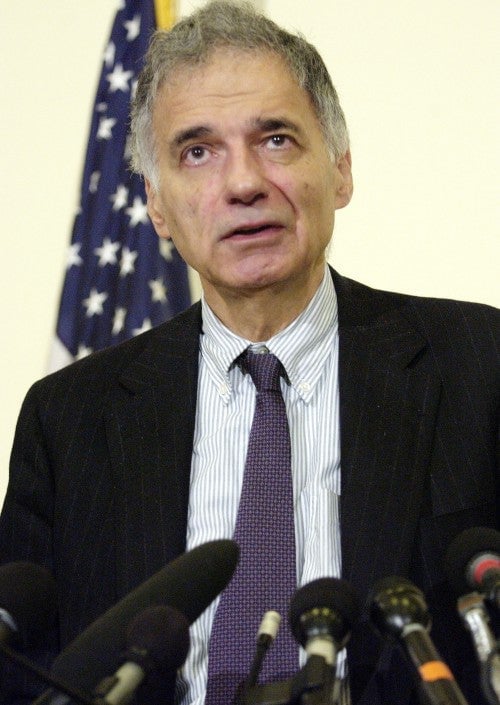
The 2000 presidential election was an incredibly close race; George W. Bush would go on to defeat Al Gore in a race that came down to 537 votes in Florida. For some, Bush’s victory would not have been possible without Ralph Nader, who won 97,488 votes in Florida as the Green Party nominee.
Nader denied claims he lost Gore the presidency, but many Democrats suggest otherwise. Nader ran again in the 2004 election as an independent, despite calls from Democrats—fearing the so-called “spoiler effect”— to either alter his campaign or abandon his presidency entirely.
Ross Perot
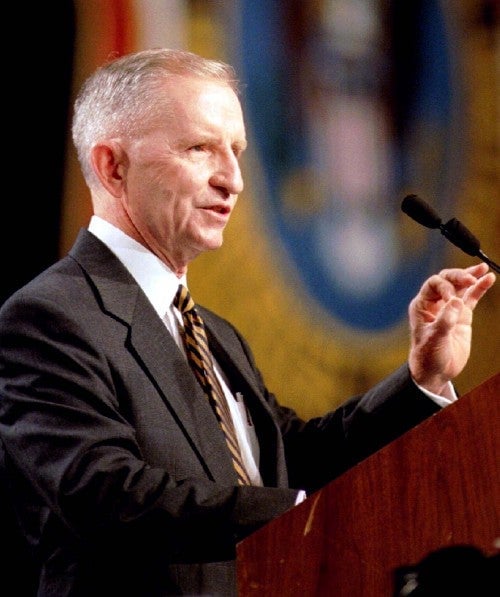
The American businessmen ran as an independent in the 1992 presidential election, achieving frontrunner status in many states before withdrawing and then re-entering. Though he didn’t win the election, Perot sure made a dent. He received 18.9% of the popular vote (just under 20 million votes), the first independent candidate to win such a large share since Teddy Roosevelt in 1912.
Though he was one of the most successful third-party candidates in American history, his campaign had far less of an impact in 1996 when he faced off against Clinton under his own Reform Party.
John B. Anderson
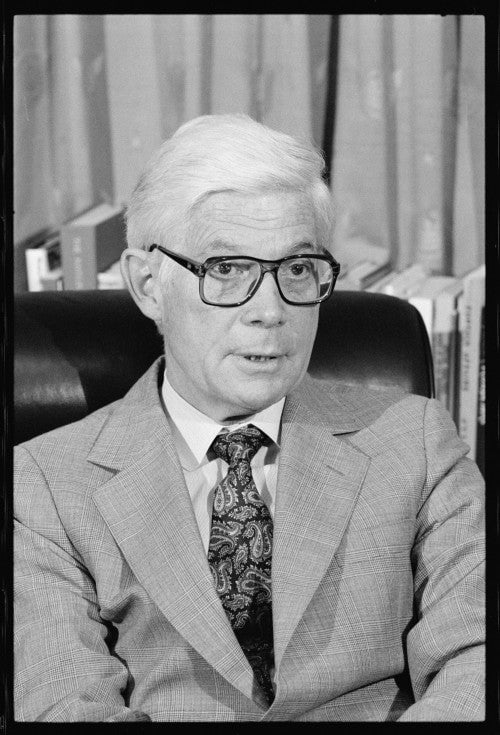
The Republican congressman saw a dramatic upswing in support after he decided to drop out of the race for his party’s presidential nomination and run as an independent instead. His candidacy forced many to question whether America should rethink how they choose their president.
Reagan won the presidency that year, but Anderson still managed to come in third place with 5.7 million votes— or 7% of the popular vote.
George Wallace
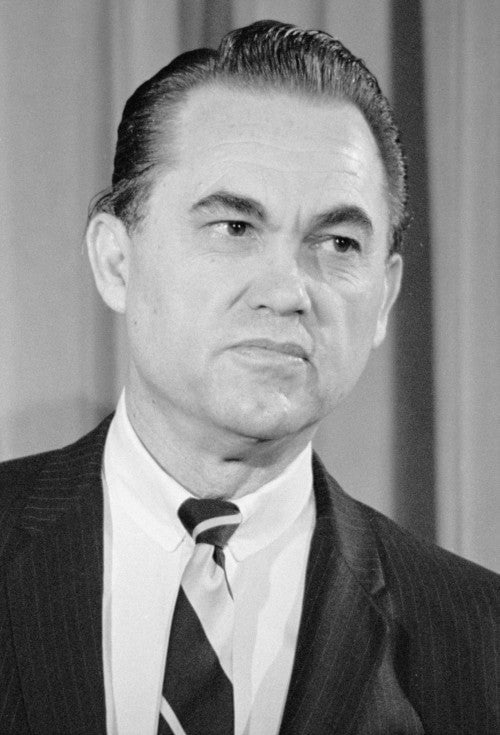
The former governor of Alabama ran for presidency four times. He made the biggest impact when he ditched the Democrats and ran as the American Independent Party candidate in the 1968 presidential election against Richard Nixon and Hubert Humphrey.
Wallace won 10 million votes, or 13% overall, and five states in 1968, in a campaign where he “vilified blacks, students, and people who called for an end to the war in Vietnam.” There are some who draw comparisons between Wallace and Donald Trump.